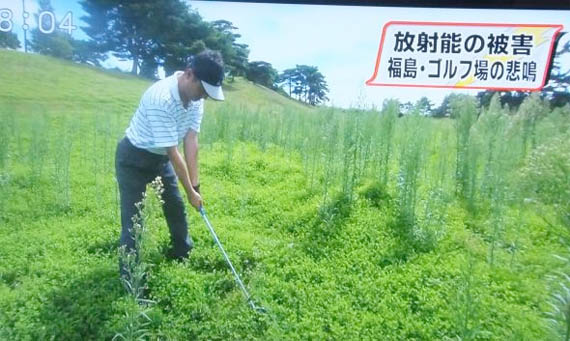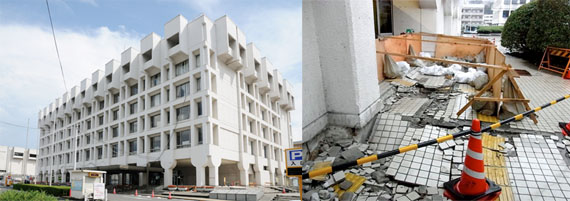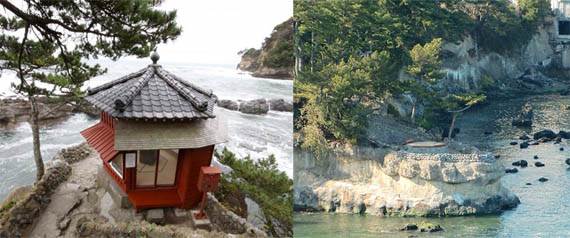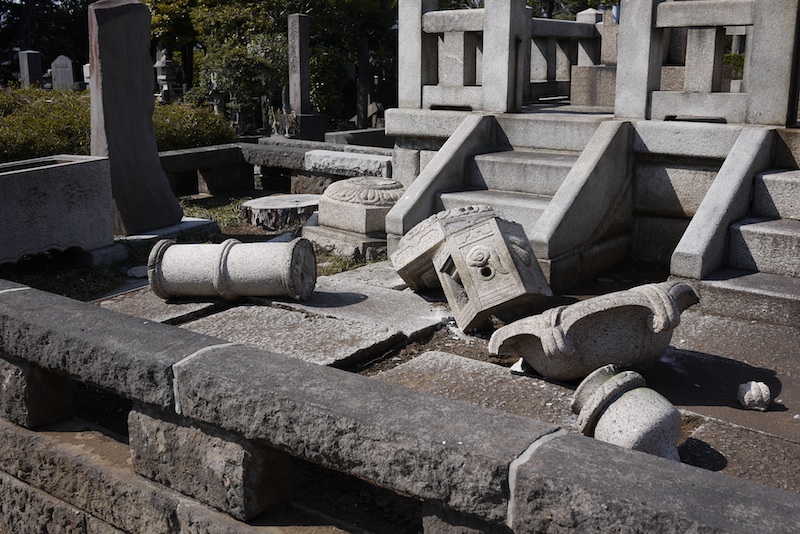Kagawa Prefecture offers free homes to evacuees
Kagawa Prefecture announced that they are offering free temporary housing for evacuees from the disaster affected areas of Fukushima, Miyagi and Iwate Prefectures. The offer applies to properties that are listed for less than 60,000 Yen/month, or 90,000 Yen/month for 5-person homes. The maximum lease term is 2 years. The Prefecture will also bear the costs of any necessary moving-out repairs as well as agency fees, with the final costs to be borne by the three affected Prefectures.Read more
7 Fukushima Golf Courses sue TEPCO for lost revenue

On November 30, 2011, seven of the forty golf clubs that form the Fukushima Prefectural Golf Association filed a claim against TEPCO for damages arising from loss of income.
The clubs have reported a total loss in revenue of 247 million Yen (3.16 million Yen) between March and August, 2011, which they say was directly attributed to the radiation fears from the troubled nuclear power plant.Read more
Buy-back scheme for tsunami-hit land
The Japanese Government has announced a new buy-back scheme whereby the residential and farming land along Japan's tsunami-hit coastline will be bought up by the relevant cities and towns at slightly higher prices.
The purchase price for the land will be calculated by its estimated market value in five years from now. This is based on the government's 5-year post-quake reconstruction plan which includes restoring all infrastructure to the disaster-hit areas.Read more
Mito City Hall at risk of collapse

Mito City Hall in Ibaraki Prefecture was seriously damaged by the March 11 earthquake. Results of a recent earthquake-resistance inspection found that the building could collapse if it is hit by another earthquake with a seismic intensity of 6 or higher.
Should the City decide to repair the building by installing a base-isolation system, the repair costs are estimated to reach 7 billion Yen (91 million USD).Read more
Japanese investors heading offshore following March 11
The president of Stasia Capital wrote about the recent changes in investment strategies made by wealthy Japanese and how the events of 2011 created a turning point in the mindset and actions of Japanese investors.
--Inward facing Japanese investors--
Over the past 20 years, private Japanese investors have been relatively wary of investing overseas, but in the past 2 ~ 3 years, private investors began to shift their funds overseas.
This is due to:Read more
Damage to Cultural Properties in the Great East Japan Earthquake
The following is a list of Japan's designated cultural properties that suffered damage from the earthquake and tsunami on March 11, 2011. In the Tohoku region, a total of 250 cultural properties were damaged, while in the Kanto area, which includes Tokyo, a total of 435 cultural properties suffered damage.

Read more
March 11 Earthquake and the condition of Tokyo

The initial quake hit early on a Friday afternoon while many people were working. Tokyo's 23 Wards recorded a Shindo Level of 5-upper. Click here to read about the Japanese seismic sales.
Immediately after the quake, shopowners and local residents went to check on each other. Many officeworkers had vacated their buildings and were waiting on the streets when a strong aftershock hit about 30 minutes later.Read more
